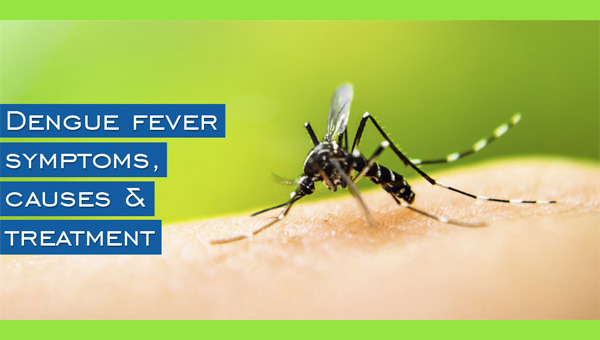Understanding Dengue Fever: Symptoms, Prevention, and Treatment
Aug 01, 2025
Understanding Dengue Fever: Symptoms, Prevention, and Treatment
Dengue fever, commonly known as "breakbone fever," is a mosquito-borne viral infection affecting millions worldwide each year, especially in tropical and subtropical regions. With the rise in cases due to climate change and urbanization, it's more important than ever to be informed about dengue — how to prevent it, recognize its symptoms, and seek timely treatment.
What Causes Dengue?
Dengue is transmitted by the bite of an infected female Aedes aegypti mosquito, which is most active during early morning and before sunset. The dengue virus has four distinct strains (DEN-1 to DEN-4), and infection with one does not provide immunity against the others.
Common Symptoms of Dengue
Symptoms usually begin 4–10 days after the bite of an infected mosquito and can last for up to a week. Key signs include:
Sudden high fever (104°F / 40°C)
Severe headache and pain behind the eyes
Muscle and joint pain
Nausea or vomiting
Skin rash
Fatigue
Mild bleeding (nose or gums, easy bruising)
Warning Signs of Severe Dengue (Dengue Hemorrhagic Fever):
Persistent vomiting
Severe abdominal pain
Bleeding under the skin or from the nose/gums
Blood in vomit or stool
Difficulty breathing or restlessness
Seek emergency medical attention if any of these symptoms appear.
Prevention: How to Protect Yourself
There is currently no specific antiviral treatment for dengue, so prevention is your best defense. Here’s how:
1. Avoid Mosquito Bites
Use insect repellents (DEET, picaridin, or oil of lemon eucalyptus)
Wear long sleeves and pants, especially during peak mosquito hours
Use mosquito nets or window screens
2. Eliminate Breeding Grounds
Empty stagnant water from pots, buckets, tires, and containers
Clean and cover water storage tanks
Keep your surroundings clean and dry
3. Vaccination
Some countries offer the Dengvaxia vaccine for those with a history of dengue. Talk to a healthcare provider to know if it’s suitable for you.
Treatment and Recovery
There is no specific cure, but dengue can be managed with:
Adequate hydration (oral rehydration salts or electrolyte drinks)
Paracetamol for fever and pain (avoid aspirin or ibuprofen)
Plenty of rest
Most people recover within a week, but follow-up care is essential to ensure no complications develop.
Final Thoughts
Dengue is preventable. By taking simple steps to reduce mosquito exposure and staying informed about symptoms, you can protect yourself and your loved ones. Public awareness, community clean-up efforts, and prompt medical care are vital to controlling dengue outbreaks.
Stay safe. Stay protected.
Recent Post

Hair fall,Repair Damaged Hair and Bring Back Its Natural Shine…

Will I ever be able to manage the lifelong medical expenses of diabetes, thyroid, and BP medicines.!

We offer an 80% discount on branded products — your question is valid, let's see the answer.
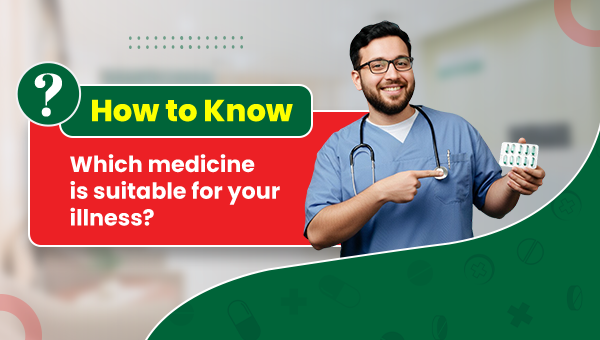
How to know which medicine is suitable for your illness?

Pimples : Is Permanent Treatment Really Possible ?
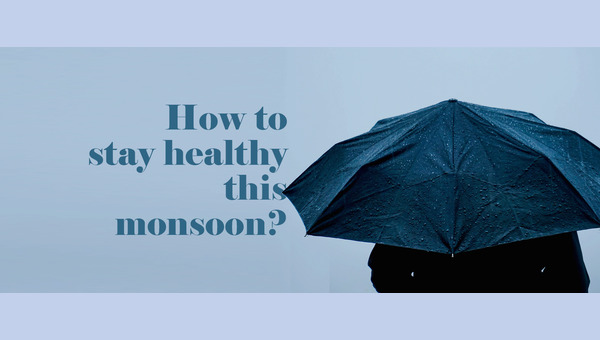
Monsoon Prevention Tips (Your Action Plan)

The Importance of Daily Nutrition : Are You Getting Enough?
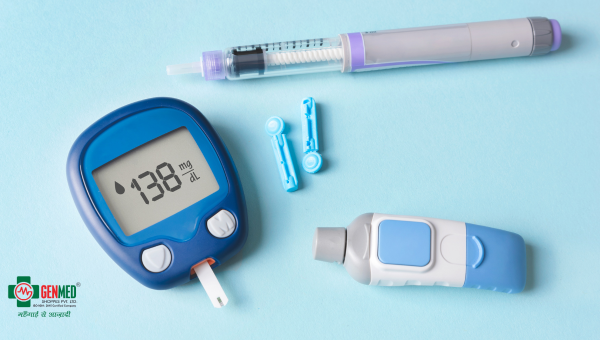
Understanding Glucometers: Your Guide to Blood Sugar Monitoring

The Ultimate Guide to Baby Care: Expert Tips and Essential Advice
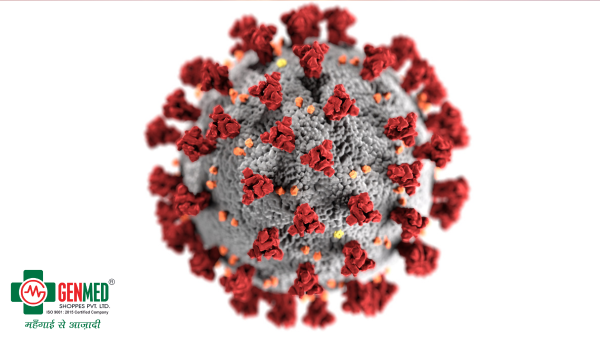
Human Metapneumovirus (HMPV)

